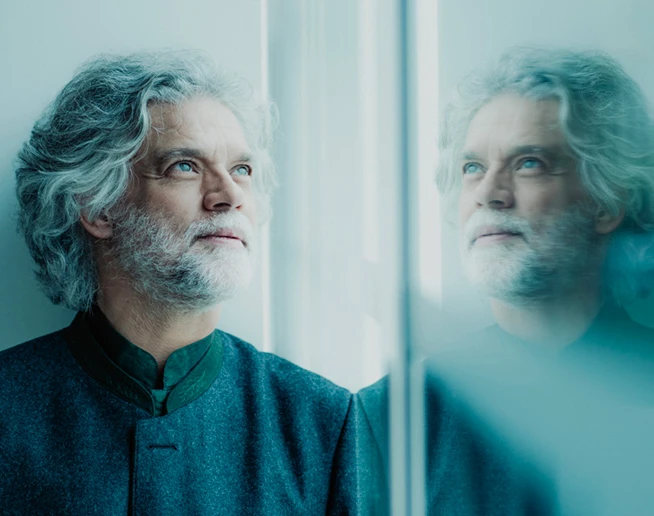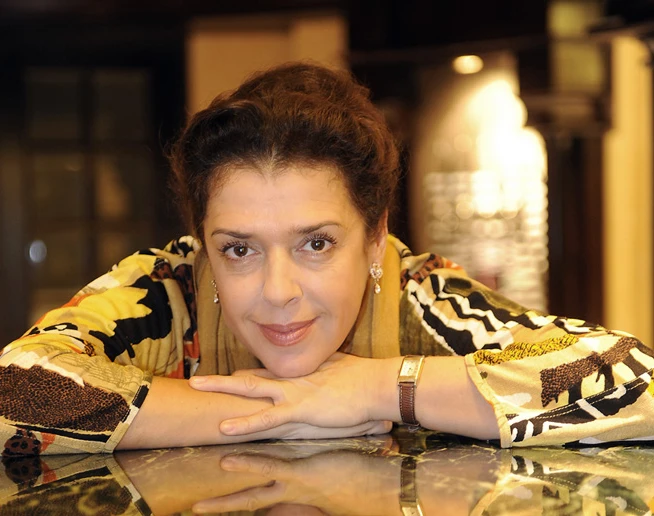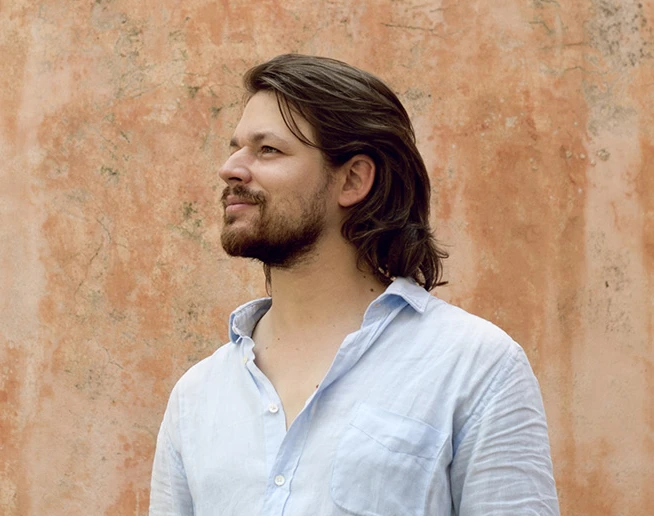Wiener Philharmoniker
Andris Nelsons | direction
Andris Nelsons combines Viennese tradition with Russian modernity.
Dates
Gubaidulina Märchen-poem
Shostakovitch Symphony No. 9 op. 70
Dvořák Symphony No. 6 op. 60
About
The last symphonic concert of the season where the musical tradition of the Vienna Philharmonic meets the undeniable wave of modernity provided by the conductor Andris Nelsons. This was demonstrated during the complete Beethoven symphonies presented on tour and here recently. Here they are once again reunited for a most interesting and unprecedented programme for the Viennese in Paris. In the first part, the conductor chose to bring together two great figures in the history of modern Russian music with a brief but very pretty fairy tale by Sofia Gubaidulina dating from 1971 and Shostakovich's Symphony No. 9, one of the musician's shortest. It was supposed to be a celebration of the Russian forces in the liberation of Europe in the summer of 1945, but in fact it played an important part in the banishment of its composer by Stalin. In the second part, Dvořák's Sixth Symphony, desired and intended by the great conductor Hans Richter precisely for the Wiener forces but finally premiered in Prague in 1881. A fitting return to the roots. The physical commitment of the Latvian master, his sense of detail and transparency, his ability to bring out a volume of sound from each desk like few others, augur a magnificent conclusion to the symphonic season.
PRODUCTION Théâtre des Champs-Elysées


